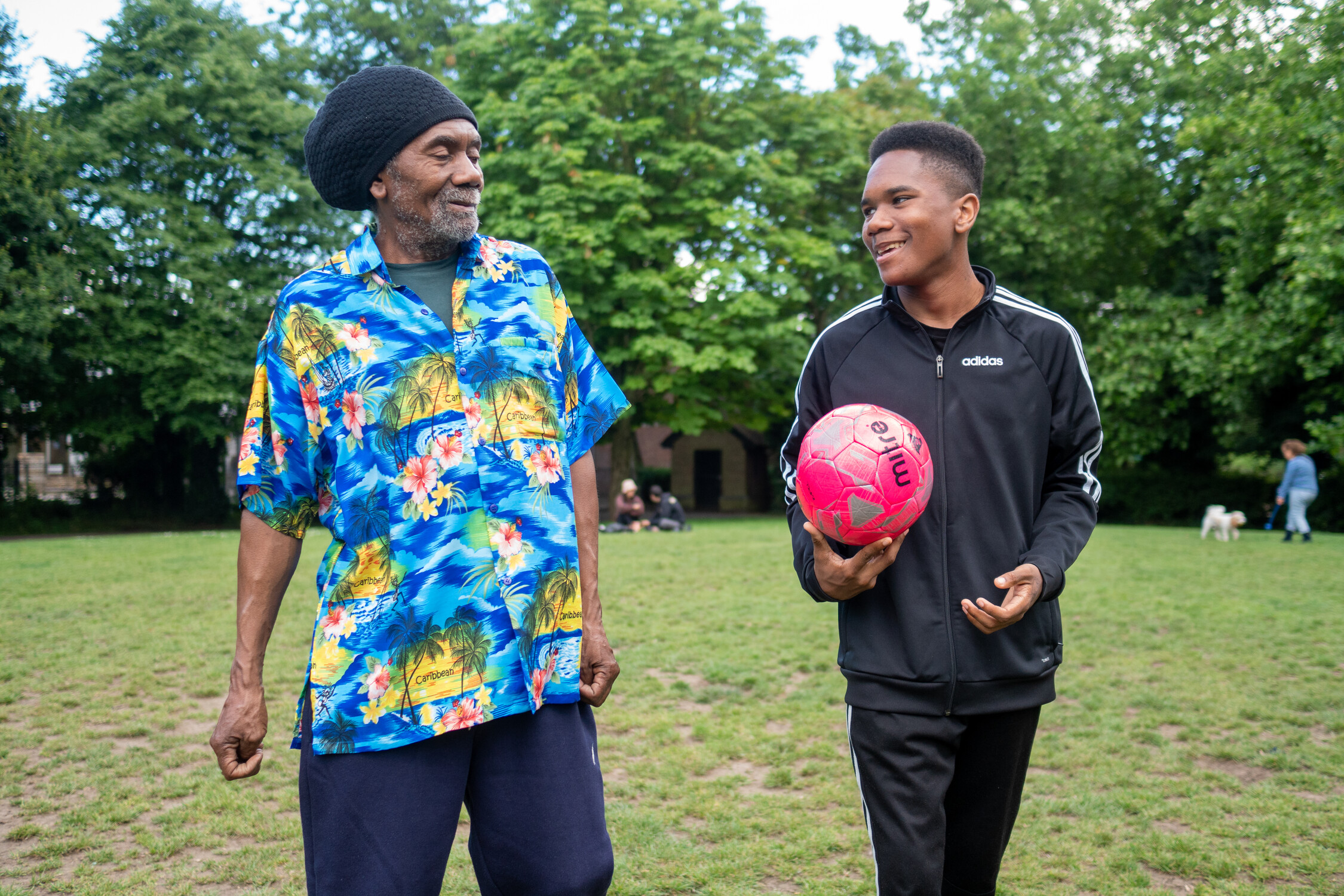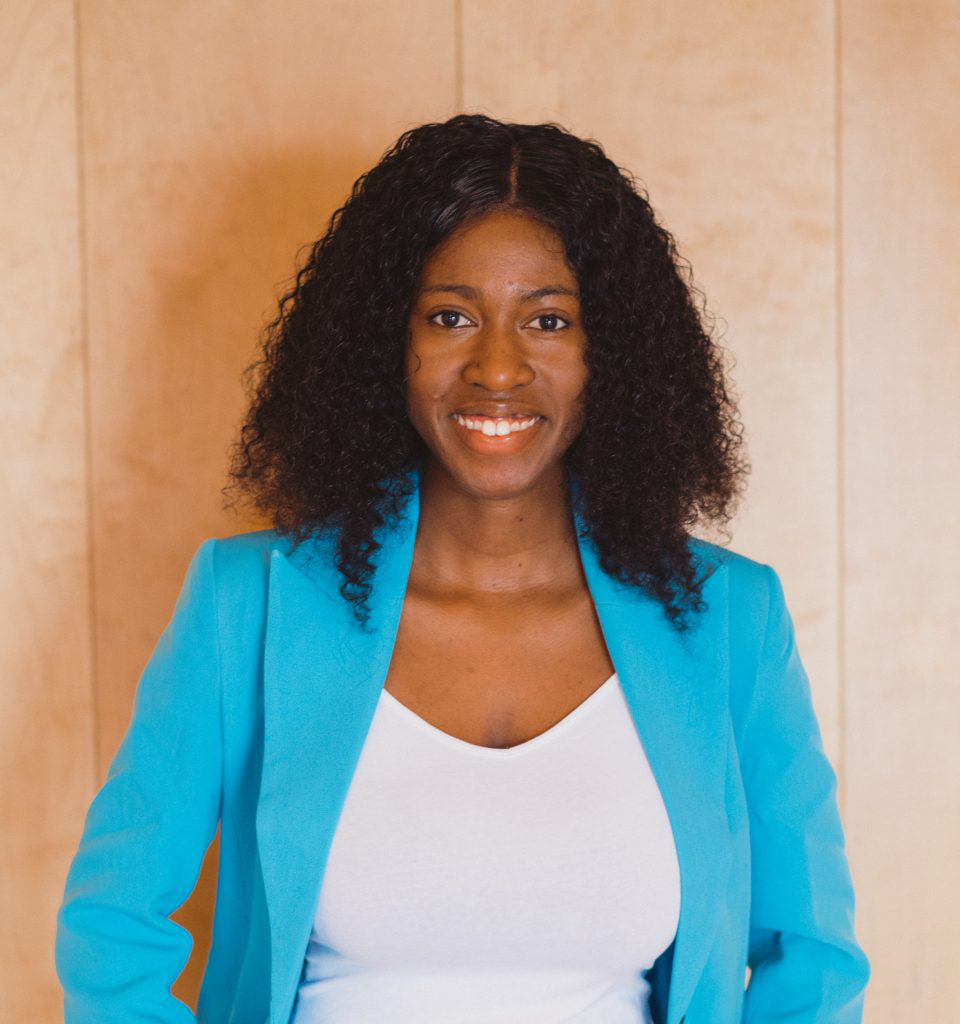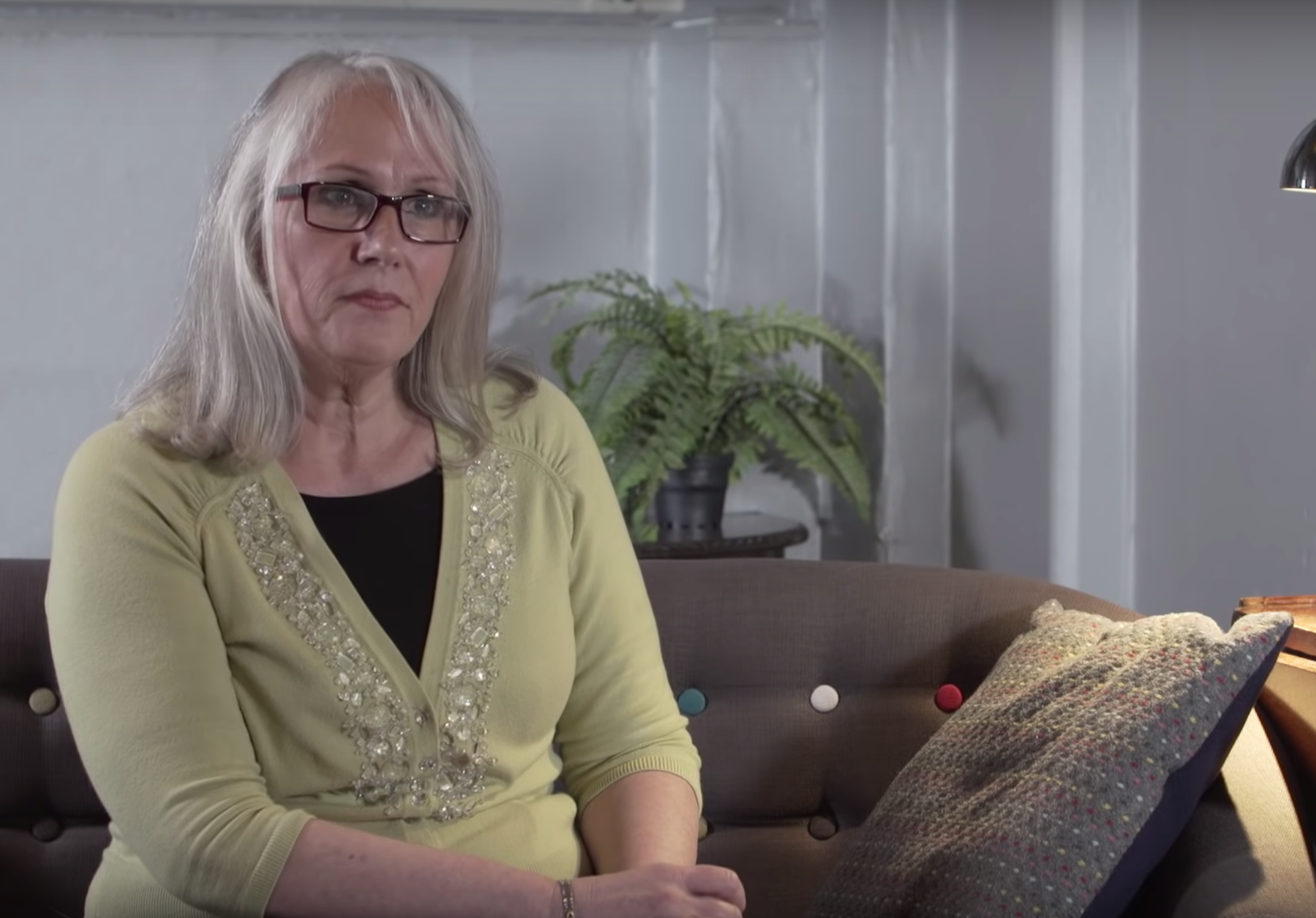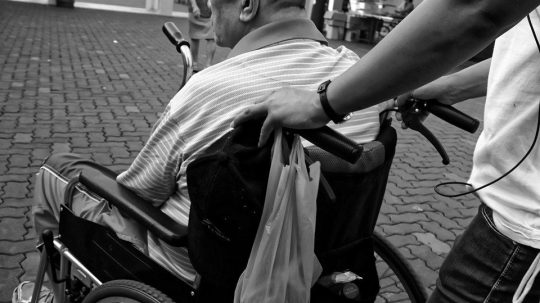Rianna Patterson, Founder of the youth-led dementia charity, Dominica Dementia Foundation, writes about why it’s important we question how people with dementia are being portrayed in the Media and how people with long term health conditions can have a say in how they are depicted.
When I was 16, my grandfather passed away in the Commonwealth of Dominica. He had dementia. This experience not only highlighted to me the cultural stigma towards dementia, but also the lack of support for young carers, the lack of resources for dementia patients and the problematic language the media uses to describe people living with dementia in the UK.
In the UK, under the Human Rights Act, everyone has the right to not be discriminated against which should make mass media in the UK think about it’s representation of people in communities, specifically those living with long-term health conditions.
We need to change the language used in reporting
The Times published an article called “Alzheimer’s is like fighting ten heavyweight champions”, by Donovan Bailey, a retired Jamaican-Canadian sprinter, who explained his lived experience with his mother who is developing dementia. This headline has an instant negative connotation. The headline is as important as the story. Reporters could also write up a story and present it back to the individual to confirm that it presents their voice.
Words such as ‘suffering’, ‘demented’ or ‘struggling’ are commonly used in news pieces that relate to dementia. A powerful piece by the Huffington Post addresses the need to speak more about Black women who are experiencing dementia, but the title includes ‘suffer’. Although this article seems to be written as an advocacy piece, and it’s true that there are people who find it challenging to live well with dementia, if we hear negative language and negative stories, then vital information, especially the context of the message, can be lost.
An alternative approach to describing someone’s mental health conditions could be ‘X person has dementia’ instead of saying they are ‘battling’ or ‘suffering’ from dementia. The Voice, for instance, writes “someone with dementia”, which is much better.
Another article in the Daily Mail says: “Black and ethnic minority patients are shamefully more at risk.” My concern with this headline is that we are “shamefully” at risk. It implies that dementia should be something we are ashamed of. This can elicit a negative action among people who may not seek professional help or family support, as it might be seen as “shameful” by society as opposed to them being let down by healthcare services.
Articles can unknowingly misrepresent our community by including their perception of a story, ie turning a positive story into a negative one by using connotative or stigmatised language. It is advisable that multiple perspectives are used when covering sensitive topics, including mental health. There are also multiple accessible resources on how to speak about dementia in the media by the Alzheimer’s Society to ensure stories are presented as human beings.
Advice on interviewing people with dementia, from people who are living with it
Patrick Ettenes is originally from Barbados and has young-set dementia. He says, “I’ve been blessed that I’ve been guided in how to speak to the media and to always ask to see any work written to be overlooked to make sure there aren’t any errors. I know what I need to get across and am not embarrassed to ask for guidance in their view sometimes or others to answer the questions, so my work comes across in the best possible way so it may help others.”
Patrick’s advice to media professionals interviewing someone with dementia is: “Have patience, nurture your guest with extra care, as their story is important and they will want to get their story across, but sometimes expressing their emotions will be difficult. Get their personality, as this will be the last time you see them as this. And it will be their last time being that person you met that day. In a few months, they might have deteriorated. It’s a precious moment that some overlook.”
“Their stories matter.”
Patrick also provided guidance to media who might be hesitant to cover a story that is related to mental health. “Don’t be afraid,” he said. “Their stories matter, their stories will save and bring comfort to others in similar situations.”
According to Patrick, someone who has agreed to be interviewed by the press should always ask to read everything before it’s published. “Also, be firm in what you want to get across, and it’s ok to say no to some questions – always ask questions before being interviewed.”
Images also has a role to play in how we perceive ageing and people with dementia, as some news outlets may present someone as “frail.” Ensuring that emotional harm has not been done to the storyteller by using their image or sharing their story to the press is also very important. A negative experience in dealing with the media can decrease the number of people who want to speak about their experience as well as the way they receive the tone of the article.
There is a lack of understanding between ethnicity and dementia
There is also a concern that there is a lack of understanding of the relationship between ethnicity and dementia, as existing research has tended to group BAME populations together and compare them to white populations, as explained by Dr Moise Roche.
BAME communities are diverse and cannot be treated as one. News sources have also modelled this language in stories, which makes it difficult to adapt resources highlighted in the media to Black communities. As a result of lack of data on Black communities, there are a small number of articles that are focused on this demographic.
There is still no cure for dementia, so we rely on new findings in dementia research to understand how to slow down progression as well as activities that can provide a way to live well with dementia.
I would like to see older people being presented in their truest form. My hope is that the media will perform their due diligence in learning more about capturing stories of the Black community.
The views expressed in this article are those of the author and do not necessarily reflect the views of EachOther.





